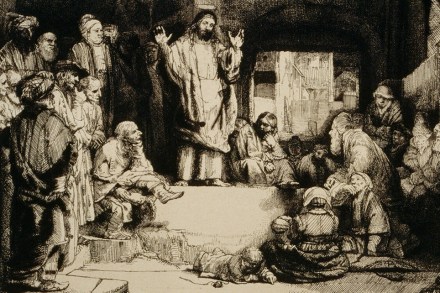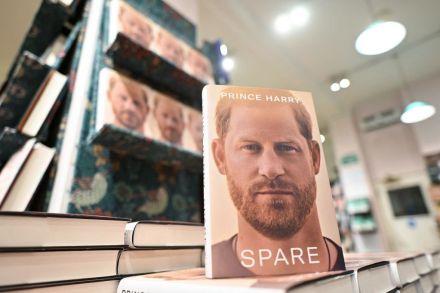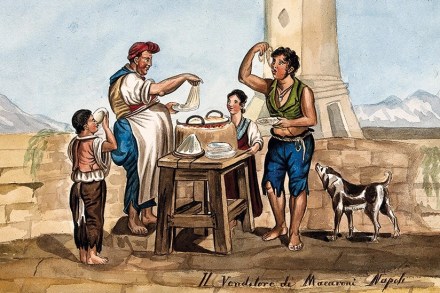Man on the run: Sugar Street, by Jonathan Dee, reviewed
A man is driving alone across America, under the passenger seat is an envelope containing a large chunk of cash. For reasons unclear, he’s desperate to erase himself; he avoids surveillance with the inspired agility of the truly paranoid. His urge to disappear, ‘to leave as illegible a mark as possible on the Earth’, leads him to a city, ‘big enough to be anonymous in’. The clever premise hooks the reader. Will our unnamed narrator contrive to live an untraced life? And why does he want to make this new life ‘a kind of spacewalk: to step outside the capsule, to cut the tether’? What, as he would say, is




















